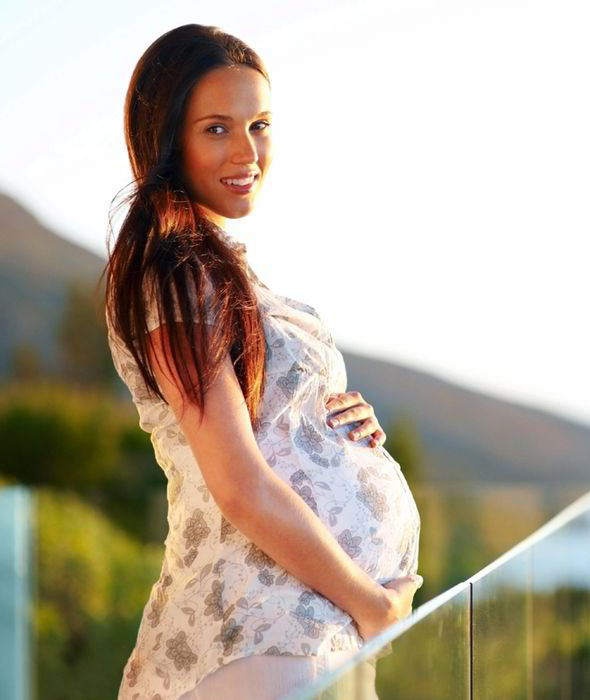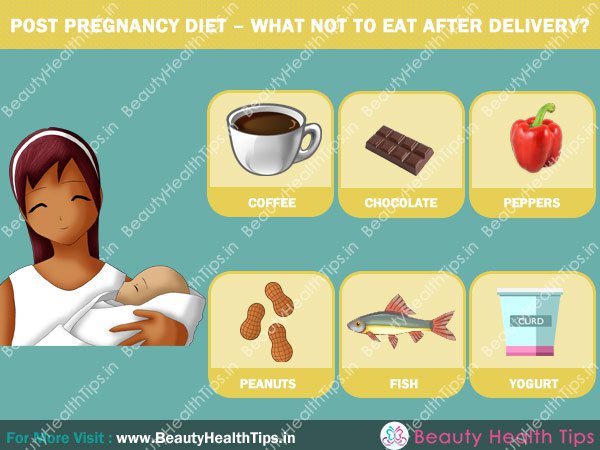When you are pregnant, often your body behaves much differently towards many common things and everything that you do in this period might have an impact on your baby too. So, during this period it is absolutely necessary that you consider the pros and cons as well as any risk or expected side effects of coloring hairs, before you actually opt for it.
Commonly, different types of colors are used for hairs; some of which are chemical based dyes and some are vegetable based. The effects of the chemical based hair dyes on the fetus and on the pregnancy as a whole are not very clear till now. According to one study the chemicals present in chemical hair dyes can cause serious long term conditions in the unborn baby, however, other studies did not find anything significant to support the claim. Few of the chemicals, that are commonly used in chemical hair dyes might cause birth defects in the child, however, to have this impact, very high dose of these chemical compound is necessary, which is very unlikely for a pregnant mother to use during the 9 months span of pregnancy.
So, coloring your hairs 3-4 times during the whole span of the pregnancy might be safe, and if you take proper precautions you can ensure that the dye actually does not come into direct contact of your skin, from where the chemicals can be absorbed into your body.
Now let us come to the topic of using Henna for coloring hairs during pregnancy. If you color your hairs regularly and not being able to do so during pregnancy can actually hamper your self-confidence, it is best to stick to coloring your hairs with natural henna. Henna is a plant with some herbal properties and if you are using the leaves of this plant directly for coloring your hairs, you can be assured that it will not harm your pregnancy or the unborn baby.
Normally, the paste of Henna leaves are mixed with a number of other ingredients at home to make a hair color that not only gives the hairs a suitable shade but also fights a number of scalp problems and hair conditions. In many homes, tea concoction, coffee, hair oil, lemon juice, eggs and many other ingredients are mixed with the henna paste to get better coloring and hair care results. These ingredients are usually considered safe for pregnancy and you can use them with your pure Henna hair color to get the desired effect. However, if you are using raw eggs with the henna, it is vital to ensure that they do not carry Salmonella bacteria, which can infect you. So, if you want to stay at the safe side, it is better to not to use raw eggs with your henna while coloring your hairs during pregnancy.
So, it boils down to the fact that if you are using pure henna leaves for coloring your hairs along with a few common organic kitchen-ingredients except eggs, this is most expected to not to have any effect on your pregnancy or on the unborn baby.
However, in case you are living in a metro, it might be next to impossible to get your hands on the original Henna leaves. In such cases, you are left with no other option but to buy the packed Henna powders available in the market. When it comes to Henna hair colors that are marketed by different brands, one thing is important for you to know that many of these hennas actually include many other chemical ingredients than the original Henna leaf powder to give a more prominent result.
The production of these henna powders is not well regulated and there is no confirmation about the actual percentage of original Henna and other chemical based dyes present in these products. So, when you buy Henna powder from a shop, even if the brand claims it to be original henna, always check out the composition list with minute care. However, the problem here is that, in most of the henna powders available in the market you will not find a proper composition list. Also, often only the herbal compositions of the products are mentioned on the packaging and the chemicals in the composition are fully omitted. So, getting a clear idea about the real composition of a Henna powder available in the market can be really difficult.
The only option for you in such cases is to opt for the pure henna powder from the well -known and prominent herbal brands that you can trust. Even these henna powders might have other ingredients along with the original henna leaves, but it is most likely that those compositions will also be herbal in nature and hence they will not have harmful effects. Always check for any cautions or precautions mentioned on the packaging of a henna powder available from a good herbal brand.
The other hair color product that is commonly available in the market under the name of “Kali Mehendi” or “Black Henna” is not actually a Henna composition rather it includes chemicals like para-phenylenediamine or PPD in short, which is a common ingredient in the synthetic hair dyes. Normally it is considered that using PPD on the hairs is safe, but in many countries including U.S. and European Union, PPD is banned from being used in products that can be used directly onto the skin. According to studies PPD can cause severe allergy or even dermatitis on the skin. So, during pregnancy staying away from “Kali Mehendi” in any form is the best option.
Even if you are not allergic to these compounds and you have been using them for long, it is better to not to try them out during pregnancy, particularly because during this time the immunity system of your body is naturally weakened and hence something that might not have been a trouble for your body earlier, can cause even severe symptoms during this stage.
When it comes to using pure henna paste for coloring your hairs during pregnancy, even then too, it is better to keep the following suggestions in mind,
- Always make the Henna paste and apply it onto your hairs wearing gloves. So that the color never comes in direct contact of your skin.
- While applying the henna also make it a point to not to paint your skin with the mixture but try to stain the hairs only.
- Before you start applying henna onto your whole hairs, do a patch test on a small part of your skin just to ensure that you are not getting allergies from it. During pregnancy, even the most common things can cause allergy on your skin because at this stage the skin becomes really sensitive.
- Always wash your hands and any other area of the skin that might have got the henna stain right after you have completed the application.
- While washing off the henna, use sufficient water and a proper cleanser so that it is completely washed off and there is no trace of the product in your hairs.
During pregnancy it is important to feel good about yourself, so if coloring your hairs make you feel good you can surely try that out. However, try to use the natural Henna leaves for the purpose and maintain the above measures while application.





